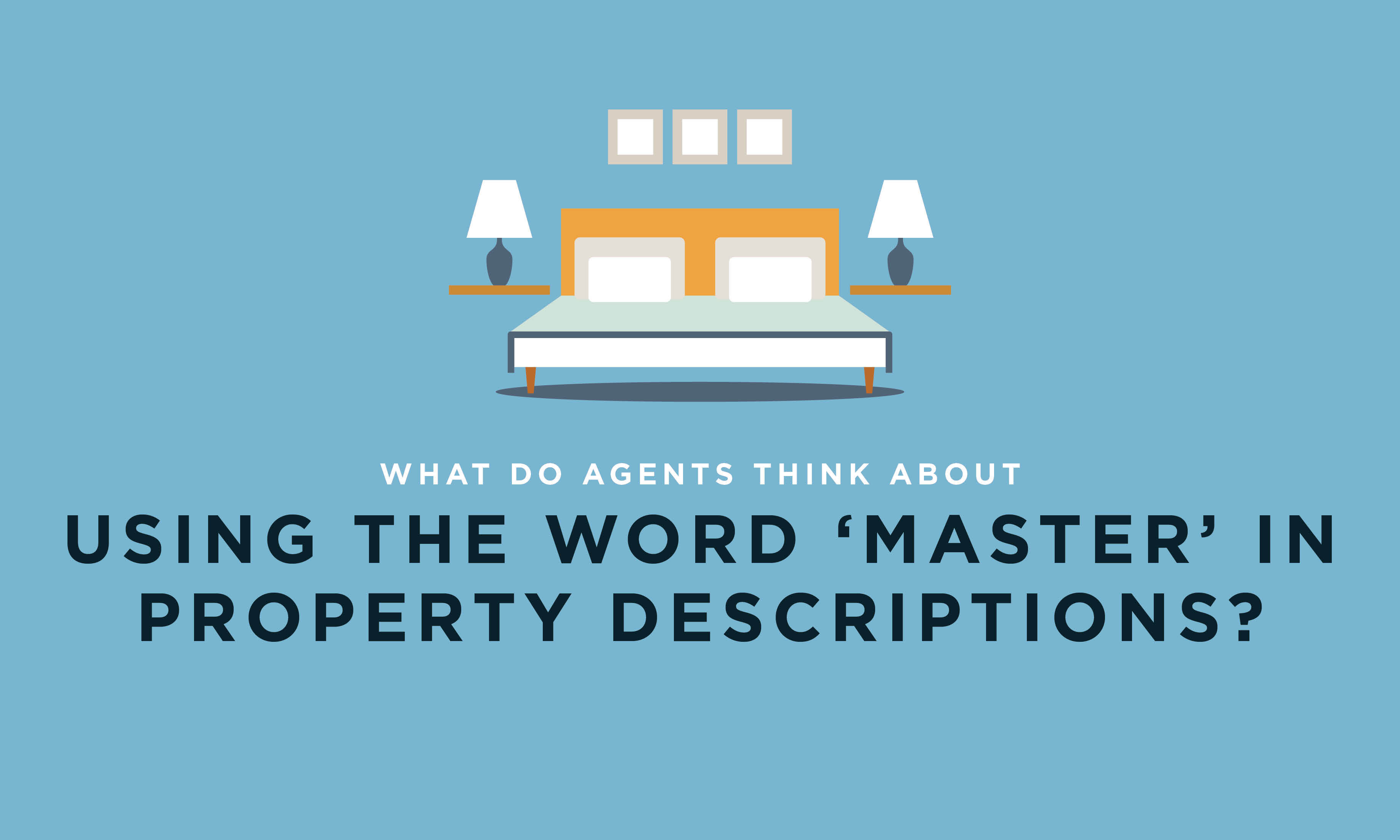
What do the readers of Atlanta Agent, Boston Agent, Chicago Agent, Houston Agent and Miami Agent magazines — produced by Agent Publishing, which has a readership of more than 100,000 — think about the term “master bedroom?” It turns out to not be that big of a deal for them.
After the Houston Association of Realtors and Chicago-based real estate firm @properties announced that they would stop using the term “master” to describe bedrooms and bathrooms, a robust debate sprang up among real estate professionals across the country. The impetus behind the decision is that the term “master” can be construed to relate to slavery, and that other terms such as “main” or “primary” would be closer to neutral.
To better understand how agents and brokers feel about these changes, Agent Publishing sent a short survey to its readers asking what they think about the moves, as well as for their thoughts on other issues of inclusivity in the industry.
Overall, most respondents said they did not think the term should change; broken out by city, this equaled out to 69% in Atlanta, 75% in Chicago, 77% in Boston, 85% in Miami and 88% in Houston. Many felt that there are bigger issues that should be tackled instead of this one, though others were open to and even applauded the change.
Many other terms emerged as problematic to real estate professionals, such as those harkening back to plantation times, ones associated with gender (“his and hers,” for example) and those with connotations relating to Fair Housing or the Americans With Disabilities Act (such as neighborhood names that imply who should live there or the term “walking distance”).
Readers also offered many thoughts on industry inclusion. Some said real estate is already very diverse, such as a Chicago reader who remarked, “The industry is already inclusive. Where else can a person of color, like myself, excel in business without a degree?” Others offered concrete ideas on how it can become more welcoming to both professionals and clients who are members of traditionally marginalized communities. “A focus on the legal and harmful laws and policies that hinder people of color’s homeownership is a more powerful discussion and movement,” said another in Atlanta.
While individual answers numbered in the thousands, the infographic below offers a condensed look, edited for clarity in many cases, of what readers think of the situation.


